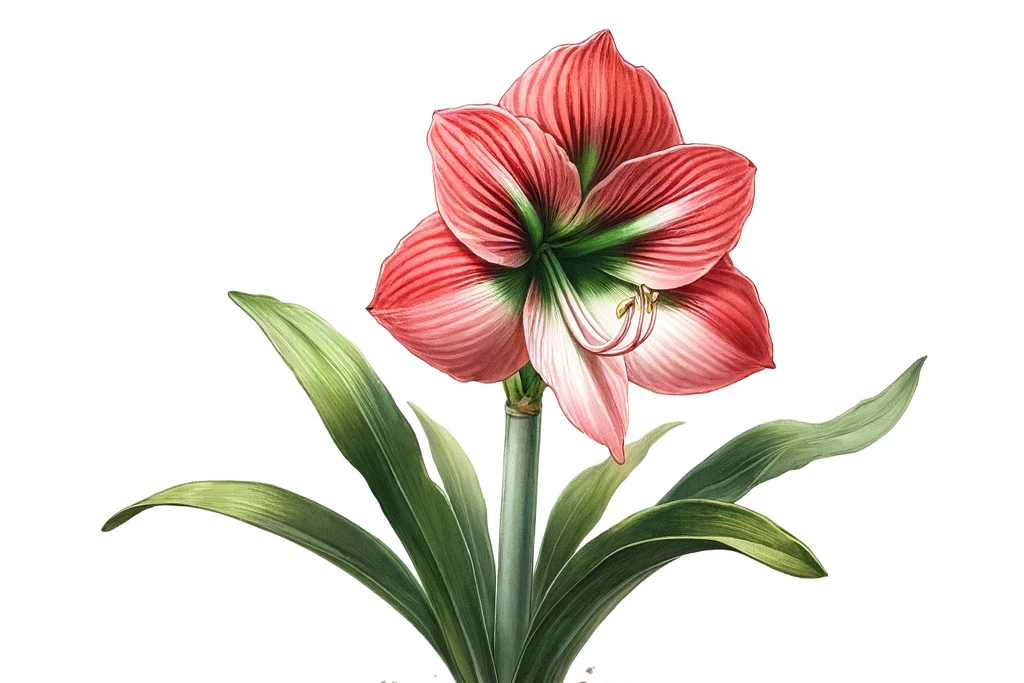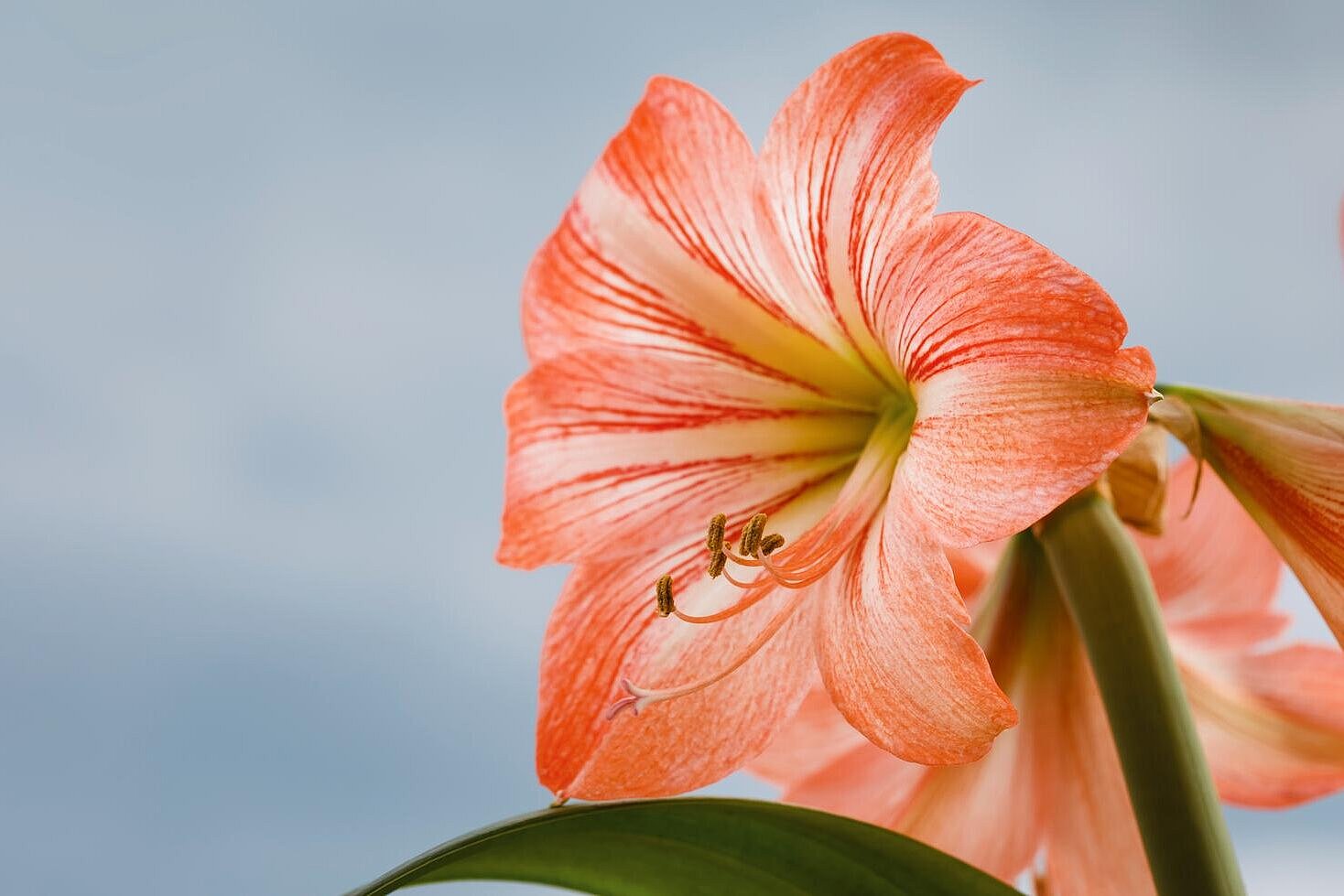Clivia

You may have heard of clivia, a tropical plant with bright orange flowers that is often cultivated as a houseplant. But did you know that clivia can also be interesting for your dog? In this article you will learn more about this plant and its effect on dogs.
What is Clivia?
Clivia is a genus of plants in the amaryllis family, originally from South Africa. It has long, dark green leaves and forms an inflorescence with many orange or yellow flowers in spring or summer. The fruits are red berries with seeds.
Clivia is a popular houseplant that requires little care and also thrives in the shade. It is also known as kaffir lily or strap leaf. There are various species and varieties of Clivia, which differ in size, shape and color.
What are the benefits of clivia for dogs?
Clivia has some benefits for dogs that you might not have expected. For one, clivia can be used as a natural fertilizer for your garden or potted plants. Clivia seeds contain nitrogen and other nutrients that enrich the soil and promote plant growth. You can simply work the seeds into the soil or dissolve them in water and use them as a liquid fertilizer.
Clivia can also be used as a medicinal plant for your dog. The leaves and roots of clivia contain alkaloids that have analgesic, anti-inflammatory and antispasmodic properties. They can help with various ailments such as arthritis, gastrointestinal problems or skin irritations. You can make a tea from the leaves or roots of clivia and give it to your dog in small amounts or apply it to the affected areas.
What side effects does clivia have for dogs?
Clivia also has some disadvantages for dogs that you should be aware of. Firstly, clivia is toxic to dogs if they eat large quantities of it. The alkaloids contained in the plant can cause symptoms of poisoning such as vomiting, diarrhea, tremors, paralysis or cardiac arrhythmia. If you suspect that your dog has eaten clivia, you should consult a vet immediately.
Clivia can also cause allergies or intolerances in dogs. Some dogs react sensitively to contact with the plant or the fertilizer and develop skin rashes, itching or swelling. Other dogs do not tolerate the tea from the plant well and get stomach problems or diarrhea. You should therefore always be careful when giving your dog clivia and observe his reaction.
Clivia is an exotic plant with many advantages and disadvantages for dogs. It can be useful as a fertilizer or medicinal plant, but it can also be poisonous or allergenic. You should therefore always be well informed before giving your dog clivia and not leave him unsupervised with the plant. If you have any questions or doubts, you can always consult your vet.
If you notice any signs of hypersensitivity or poisoning in your dog, you should see your vet immediately. We are not a substitute for a vet, but we try to be as accurate as possible. Every dog reacts differently and we recommend you get a second opinion or consult your vet if in doubt.
Stay healthy and take good care of your four-legged friend!😊
Similar to Clivia
Amaryllis (Hippeastrum hybrids) is a bulbous plant from the Peruvian Andes that belongs to the amaryllis family. It has narrow, green leaves and a thick stem with several funnel-shaped, slightly...
The knight's star (Hippeastrum) belongs to the amaryllis family (Amaryllidaceae) and is closely related to the belladonna (Amaryllis belladonna), which is also known as the amaryllis. The two plants...
Jewel lilies (Agapanthus) belong to the Amaryllidaceae family and are originally from southern Africa. They are perennial plants known for their long stems that rise above the foliage and end in...
Guernsey lilies (Nerine bowdenii) are bulbous plants known for their showy, pink flowers. Originally from South Africa, they have found their way into gardens and homes around the world, often...



